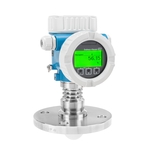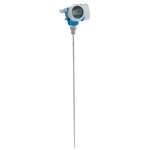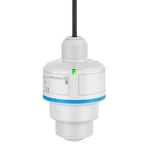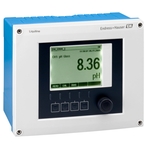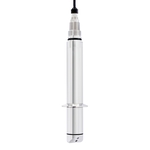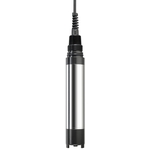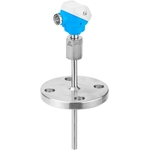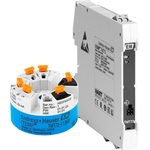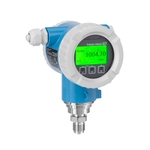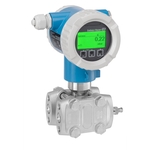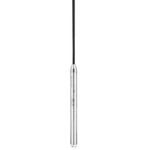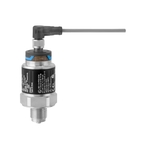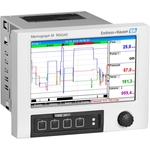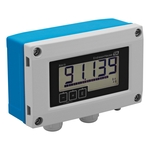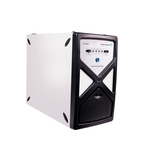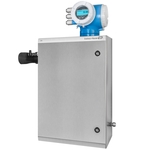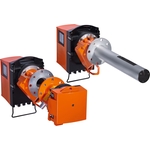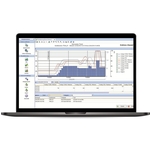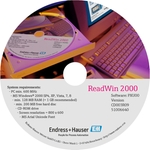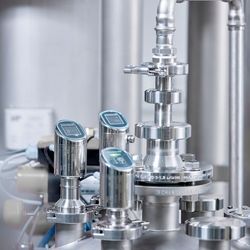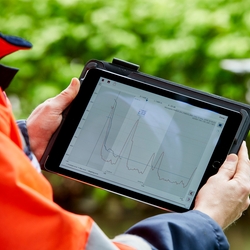Instrumentation is crucial for industrial manufacturing and process control, ensuring that fabrication processes are both manageable and economically viable. It also offers several other benefits:
Automation
Instruments that monitor and control processes lead to increased automation in industrial plants. Control systems continuously collect and analyze real-time process data, enabling individual parameters to be adjusted to maintain optimum process conditions. Optical analysis technologies provide real-time measurement data for valuable process transparency for manufacturers. Integrating these technologies with industry-standard automation platforms enables continuous data collection and analysis, advanced diagnostics, self-calibration, and remote accessibility, ultimately leading to improved productivity and reduced operational costs. Automated level measurement in storage tanks, for example, enables digitalization of material logistics. Continuous real-time data supports accurate demand forecasting, reduces transportation, and ensures consistent material quality.
Improved safety
Process control systems continuously collect information from sensors and process it for further distribution or action. They can automatically instruct other components to adjust if an anomaly is detected, and alert operators when any parameter exceeds a safe threshold, reducing the risk of equipment damage, accidents and other incidents. This is particularly important in heavy industries with processes involving hazardous materials, high pressures or extreme temperatures, as it protects human health and minimizes risk to the plant, equipment and environment. Instrumentation can detect extreme conditions, such as the presence of hazardous gases, and trigger alarms or activate emergency shutdown systems. By providing continuous, fast and precise temperature measurements, abnormal conditions can be detected early to prevent hazards such as the overheating of explosive materials. In addition, accurate pressure measurement helps to identify leaks or blockages in pipelines at an early stage, reducing the risk of equipment failure.
Enhanced efficiency
Process instrumentation improves plant performance by providing operators with accurate, real-time data that they can use to monitor and adjust process parameters for maximum output, minimum waste and reduced energy consumption. It helps to identify wasteful and inefficient manufacturing techniques, resulting in significant cost savings. Advanced diagnostics further improve the efficiency of measurement instrumentation devices. Monitoring and recording the process data for utilities using system products such as energy managers is the basis for improving efficiency. For example, this can involve identifying energy waste in steam networks. Flowmeters improve efficiency by providing accurate and repeatable measurements of process fluids and their utilities, thus forming the basis for monitoring performance indicators. Multivariable flow measurement devices, such as coriolis flow meters, can identify issues affecting efficiency by monitoring factors such as density, viscosity, conductivity, temperature, pressure and the dryness fraction of steam. Using calibrated devices and recalibration services ensures compliance with standards such as ISO 14001 (environmental management) and ISO 50001 (energy management).
Improved product quality
Measuring devices ensure that all critical process parameters are maintained within their intended ranges. By controlling these variables, the components help ensure consistent products that meet the required industry and regulatory standards. The reliability of measurement devices is paramount. For example, in the production of active pharmaceutical ingredients (APIs), product integrity and yield are optimized by measuring pH and oxygen concentration. In fermentation processes in the food and beverage industry, accurate temperature measurement is essential for achieving the best possible product and avoiding unwanted flavours.

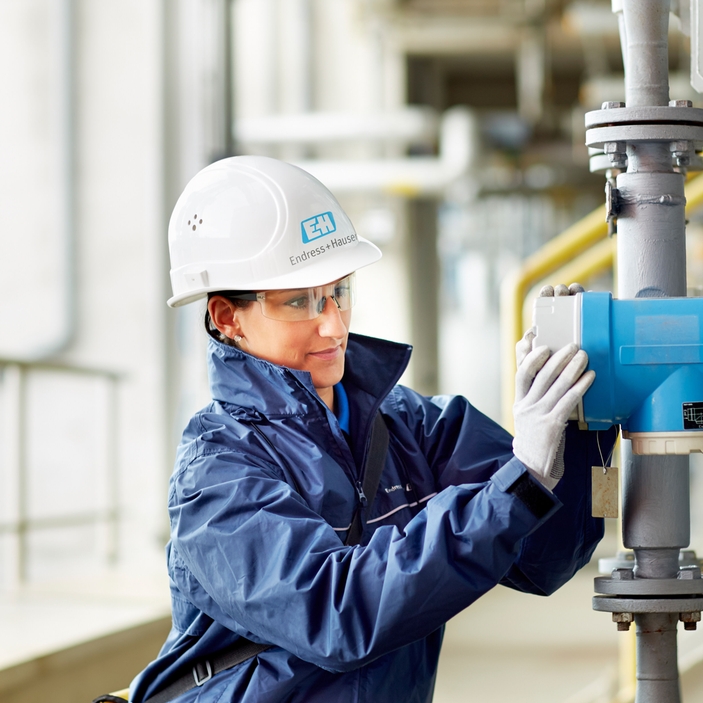



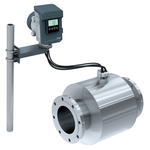

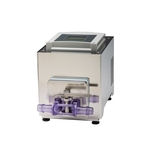
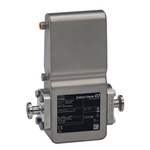
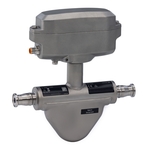
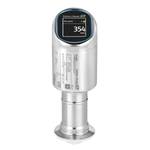
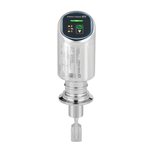
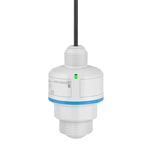

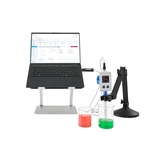
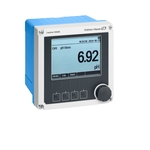

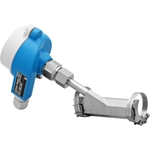

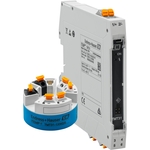
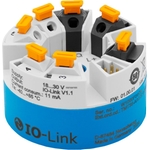
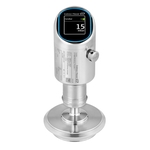
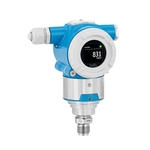
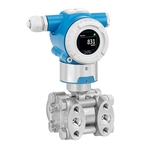
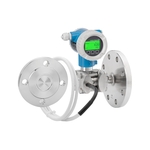
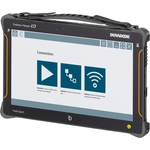
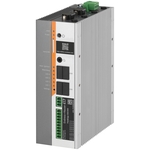


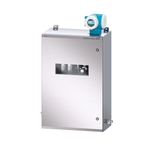



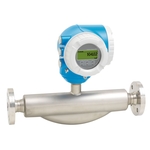
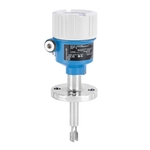
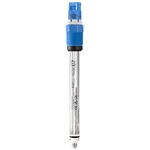
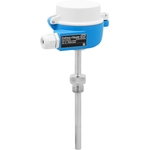
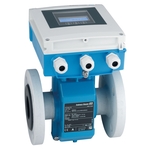
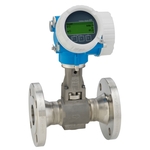
%20The%20economical%20flowmeter%20for%20process%20quality%20control%20and%20monitoring%20-%20PP01.jpg)
